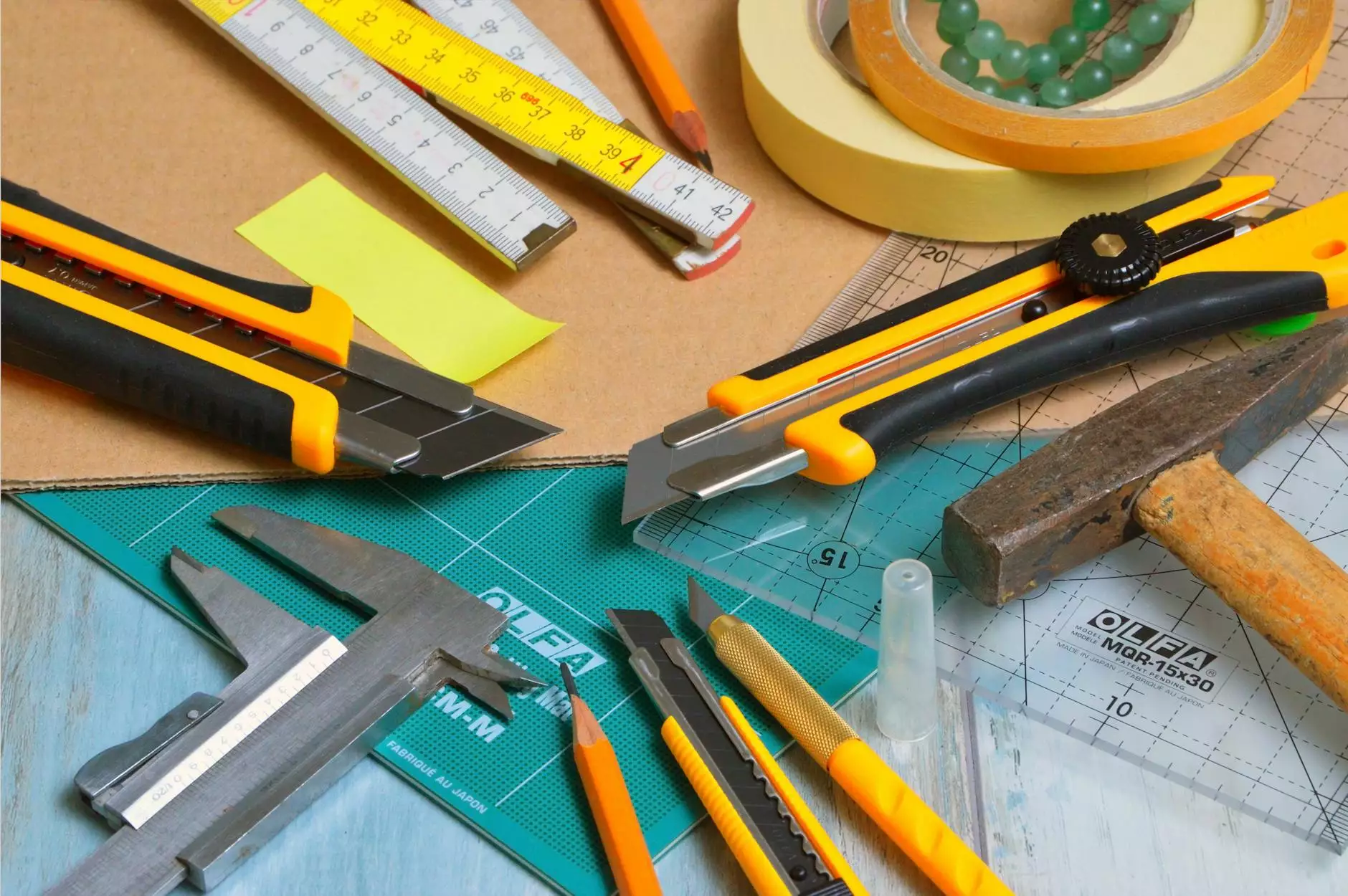Exploring the Essential Role of Ortho Instruments in Modern Healthcare

Ortho instruments have become indispensable tools in the field of healthcare, particularly in orthopedics and rehabilitation. These innovative tools are designed to enhance the precision of medical procedures and improve patient outcomes. As the demand for effective healthcare solutions continues to grow globally, understanding the significance and versatility of ortho instruments is crucial for both medical professionals and suppliers alike.
The Importance of Ortho Instruments in Healthcare
When discussing ortho instruments, it is essential to recognize their vital role in various medical procedures and their profound impact on patient care. Here are some key points highlighting their importance:
- Enhanced Surgical Precision: Ortho instruments are designed to meet the specific needs of orthopedic surgeries, allowing for greater accuracy during complex procedures.
- Improved Patient Outcomes: The use of high-quality ortho instruments can significantly enhance the effectiveness of treatments, leading to faster recovery times and better overall patient satisfaction.
- Versatility: These instruments cater to a range of applications, from diagnostic procedures to surgical interventions, making them essential in every healthcare setting.
- Innovation: The continuous advancement in the design and functionality of ortho instruments supports the evolving needs of medical professionals and the healthcare industry at large.
Types of Ortho Instruments
Understanding the various types of ortho instruments is crucial for healthcare providers and suppliers. Here’s a detailed overview of the most common categories:
1. Surgical Instruments
Surgical instruments are fundamental in any orthopedic procedure. These include:
- Scalpels: Used for making incisions during surgery.
- Forceps: Essential for grasping tissues and manipulating structures.
- Scissors: Designed specifically for cutting various tissues.
- Drills and Reamers: Used for removing bone or drilling holes in bone for placements of hardware.
2. Diagnostic Instruments
Diagnostic ortho instruments assist medical professionals in evaluating a patient's condition. Common examples include:
- X-ray Machines: Vital for visualizing bone and joint issues.
- Ultrasound Devices: Used for soft tissue evaluation and guiding procedures.
- Arthroscopes: Allow for minimally invasive assessments of joints.
3. Rehabilitation Instruments
After surgeries, rehabilitation instruments play a critical role in recovery. This category includes:
- Braces and Supports: Used to aid in healing and provide stability.
- Therapy Equipment: Devices like resistance bands and weights to promote joint mobility and strength.
Choosing Quality Ortho Instruments
When it comes to the procurement of ortho instruments, quality should always be the top priority. Here are some guidelines for choosing the best instruments:
1. Material and Durability
Quality materials such as stainless steel, titanium, and other high-grade metals are essential for ensuring the longevity of ortho instruments. Instruments must be able to withstand repeated sterilization and various surgical environments without compromising performance.
2. Precision Engineering
The effectiveness of orthopedic procedures largely depends on the precision of instruments. Therefore, using products from reputable manufacturers that ensure stringent quality control measures is advisable.
3. Ergonomic Design
Instruments designed with ergonomics in mind reduce the risk of fatigue for the surgeon, thereby enhancing performance during lengthy surgeries. Look for tools that offer comfortable grips and balanced designs.
The Impact of Technology on Ortho Instruments
With ongoing advancements in technology, the medical field has seen significant transformations, especially in the realm of ortho instruments. Let's explore some technological impacts:
1. 3D Printing
3D printing technology has revolutionized the way ortho instruments are designed and manufactured. Custom instruments can be created to fit individual patient needs, enhancing procedural accuracy and outcomes.
2. Automation and Robotics
Robotics in surgery, particularly in orthopedics, has increased precision and minimized human error. Robotic-assisted surgeries utilize advanced ortho instruments that offer superior control and accuracy.
3. Enhanced Imaging Techniques
Modern imaging technologies such as MRI, CT scans, and fluoroscopy have refined the planning process for surgeries. These imaging techniques work in tandem with ortho instruments, ensuring that surgeons have a comprehensive understanding of the patient's anatomy before proceeding with treatment.
Conclusion
In conclusion, the role of ortho instruments in today's healthcare landscape cannot be overstated. Their significance spans across surgical precision, patient satisfaction, and the overall effectiveness of orthopedic treatments. With continuous advancements in technology, the future of ortho instruments looks promising, paving the way for even better patient care and surgical outcomes.
As a leading supplier in the medical field, new-medinstruments.com is dedicated to providing high-quality ortho instruments tailored to the diverse needs of healthcare professionals. Our commitment to excellence ensures that our products not only meet industry standards but also improve the overall performance of medical procedures.
By choosing premium ortho instruments, healthcare providers can enhance their practice, deliver exceptional patient care, and stay at the forefront of medical innovation.









